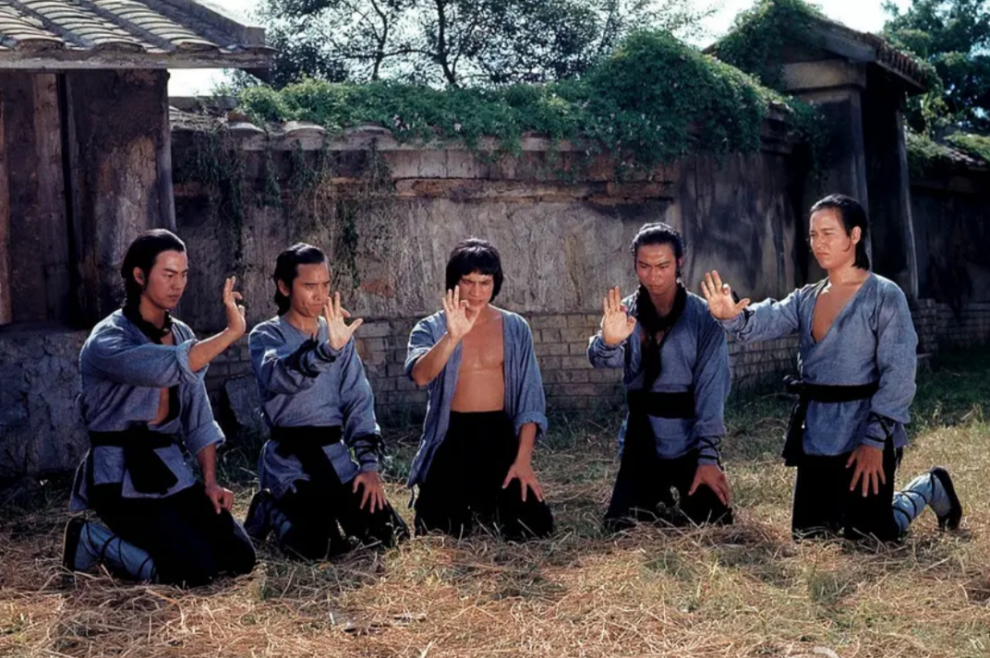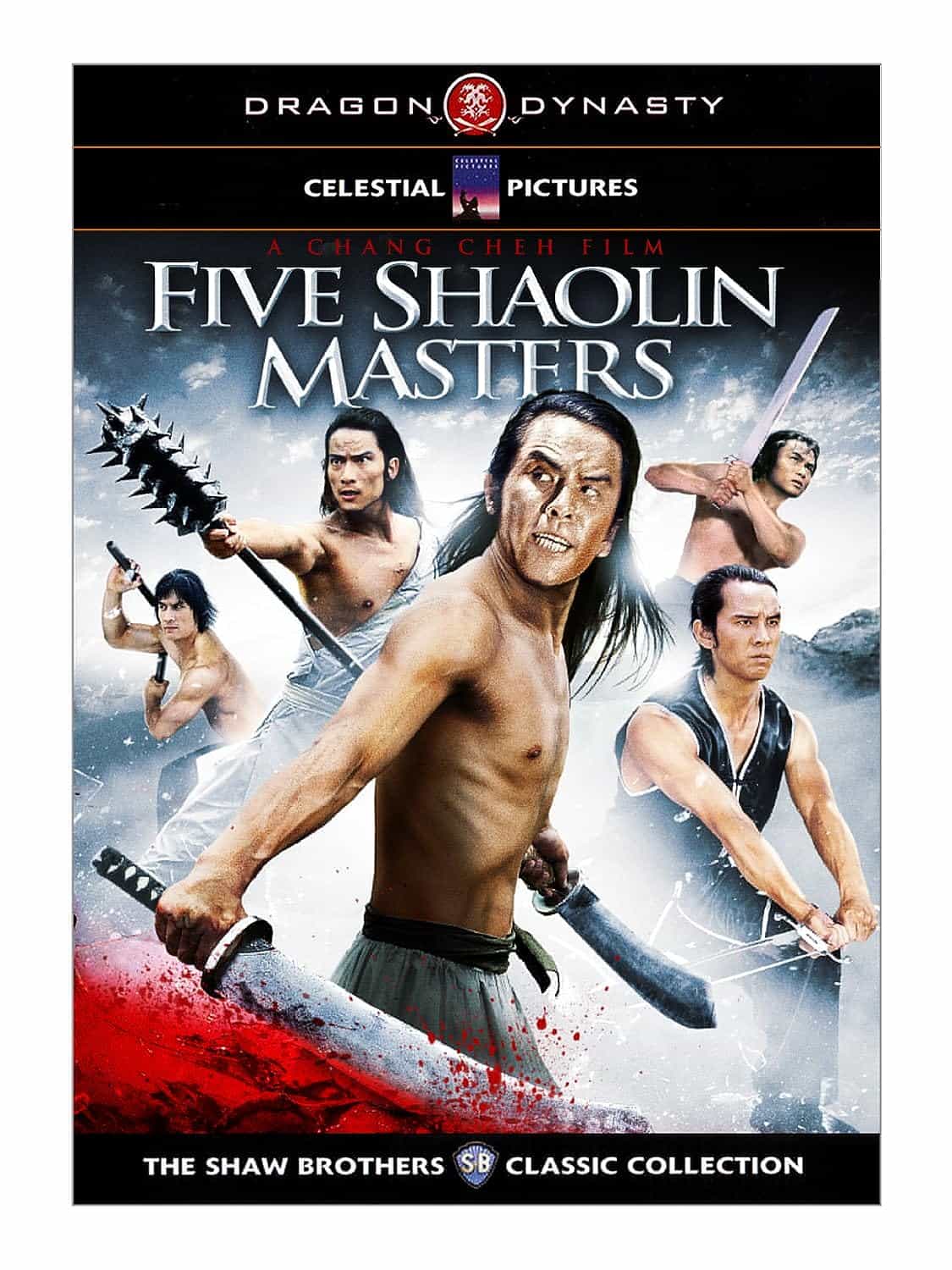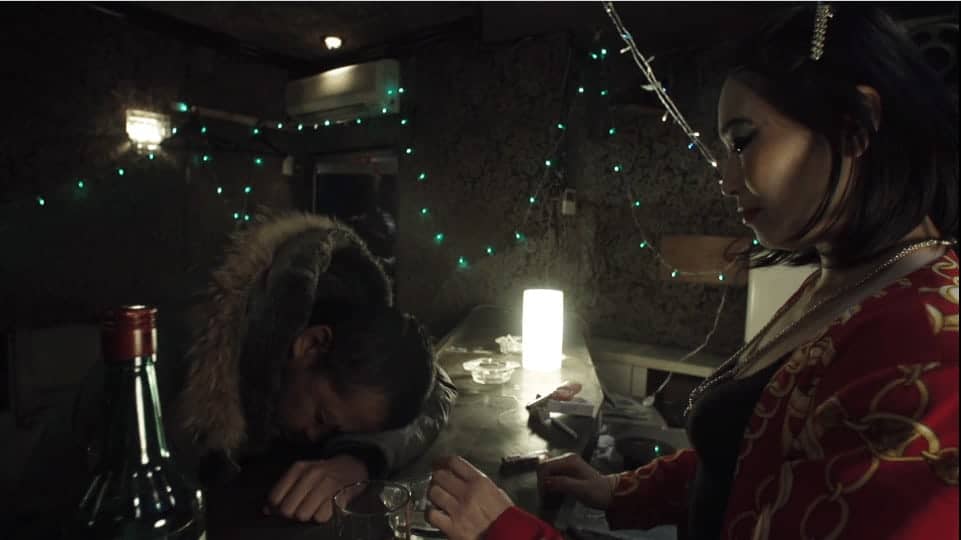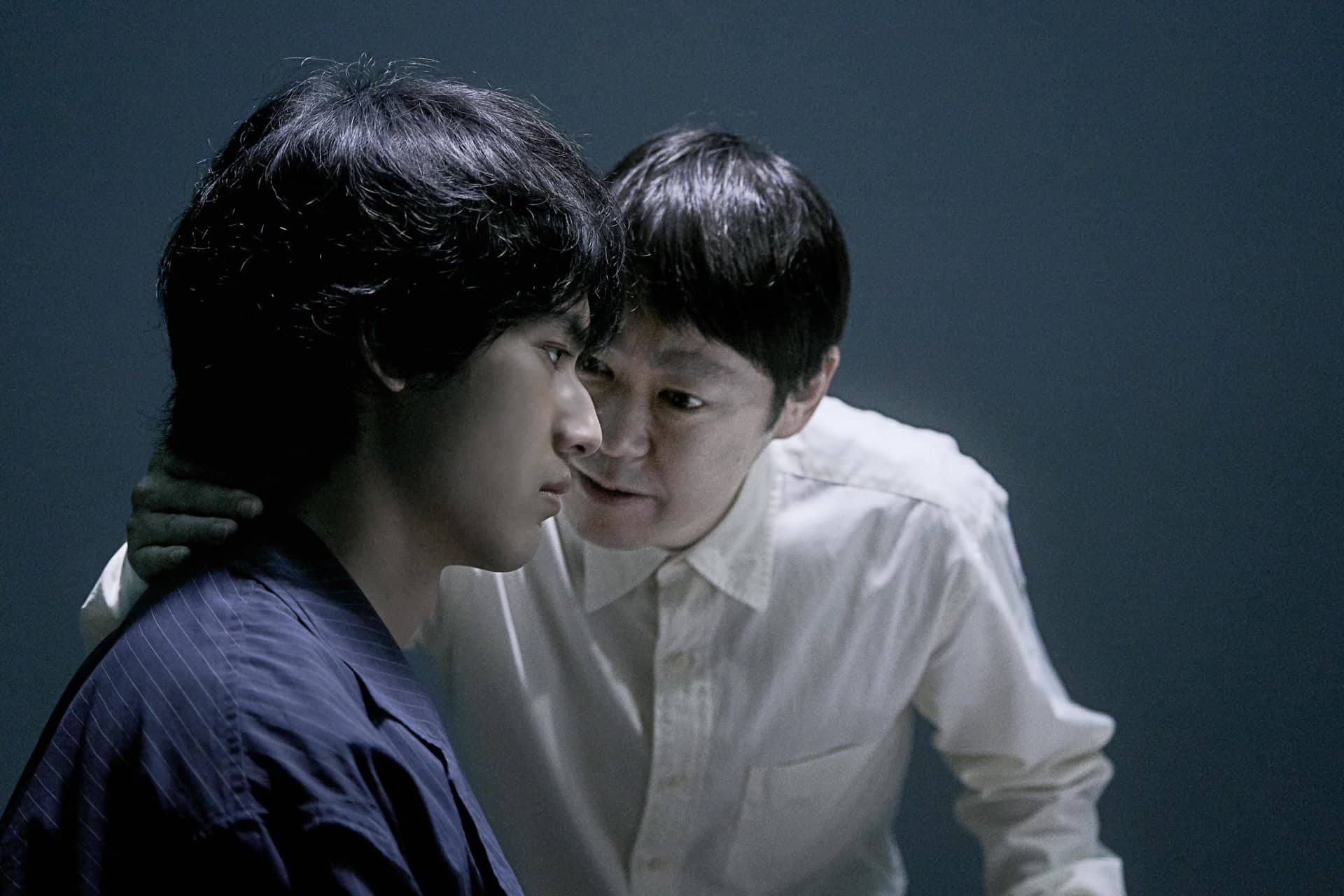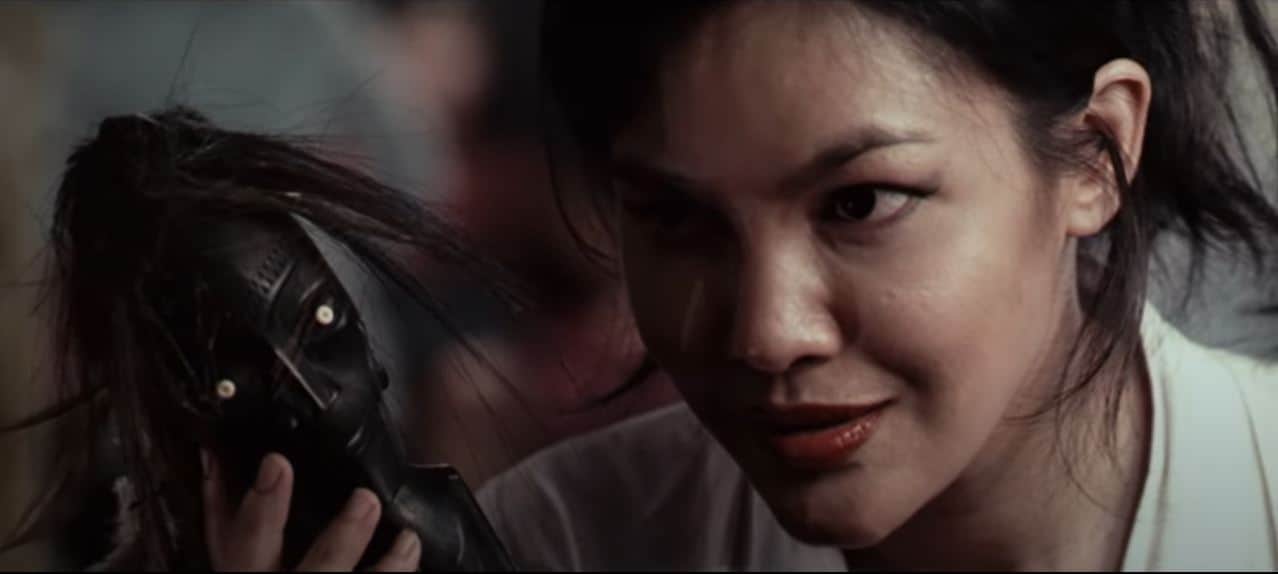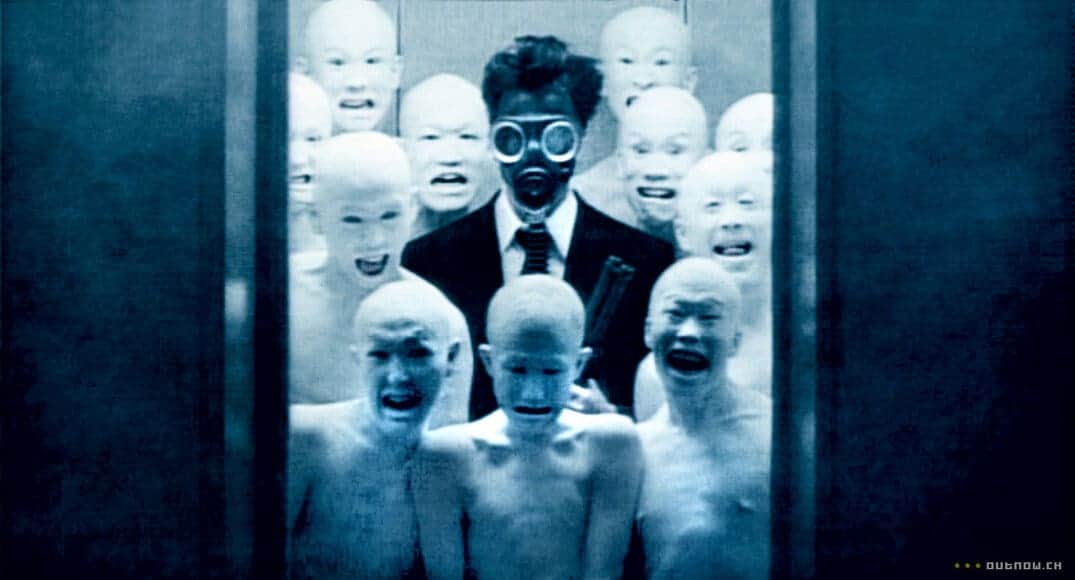Back in 1974, Shaw Brothers director Chang Cheh together with a crew of around fifty people including his favorites David Chiang, Ti Lung and Fu Sheng, left Hong Kong and started producing films in Taiwan. His newfound team under the name of Long Bow Company would continue to produce films till 1976. Although Chang was making films independently, he was still related to Shaw Brothers which gave his full support.
As it turns out, one of those Long Bow's early films “Five Shaolin Masters” was the one which eventually became their highest box office hit in Hong Kong, followed by “Heroes Two”, “Disciples of Shaolin”, “Shaolin Martial Arts”, “Marco Polo” and “Boxer Rebellion”. Among all of their Taiwanese productions, these six films made over one million dollars in Hong Kong but “The Fantastic Magic Boy” (1975) was their worst performer.
Set during the Great Qing, the Court, which regards the Shaolin Temple as a threat and with information provided by their spies, sends out their army to burn it down. Outnumbered and caught by surprise, most of the inhabitants didn't have a chance but five young disciples manage to escape the destruction. At first, they went their separate ways to seek help from local rebels in the hope of defeating the invading Qing and to restore the Ming to the Han people. While on the run and hunted by the Manchus, they have to use their own secret hand gestures to communicate.
Check also this video
Initially, they are keen to take on the Manchu masters and especially the Shaolin traitor among them who caused the carnage and destruction . However, after some brief confrontations with the enemies in which they nearly lose their lives, they soon realize that they are just no match for those highly skilled Qing kung fu fighters. Determined to polish up their poor techniques, the five masterless disciples take refuge in the burned-down temple and concentrate on training themselves with specific skills.
The destruction of the Shaolin Temple and the theme of revenge that follows had been portrayed on films numerous times and Chang himself has tackled the same subject in his “Shaolin Cycle” of films. However, what makes this version rather refreshing is the casting of the five lead protagonists and the equally impressive villains they are up against. Topping it off are the different styles of kung fu and a variety of weapons used as displayed by each combatant. Furthermore, Cheh is able to cleverly cover up his thin plot with almost non stop action beautifully choreographed by Lau Kar Leung and his brother Lau Kar Wing.
The outdoor locations are equally impressive thanks to his use of the majestic landscapes of Taiwan like rivers, mountain ranges, bamboo forests and small villages which further brings the production to a whole new level not seen in most of his Hong Kong films. Unfortunately, the uninspired soundtrack by Chen Yung Yu is a mixed bag of slow and sorrowful electronic and brass, borrowed heavily from Hollywood scores.
As regards to the five escaping Shaolin disciples, Cheh does not seem to be interested in telling their backstories in details and we only know them as true patriots with different kung fu skills who are determined to fight against the Qing. Tsai Te Chung (Ti Lung) is the tall and handsome one who fights with a whirlwind staff. In contrast, David Chiang who plays Hu Te Ti, is a more mature and resourceful character who seems to run the show and he fights with a spear tipped metal chain whip. Strangely, the two of them don't really have much interchange and seem quite distant.
In addition, likable Fu Sheng landed the role of Ma Chao Hsing, a playful and innocent student while Chi Kuan Chun's Li Shih Kai is a simple but strong individual. Lastly we have Fan Ta Hung (Meng Fai), a quiet disciple with a gentle soul. However, these three fight with their bare hands only, no weapons. Interestingly, all these actors fit their designed roles perfectly and are able to bring out their true personalities to the film. Elsewhere, Gordon Liu appears briefly as another brave disciple who sacrifices himself while Fan makes his escape from an ambush by Qing soldiers.
The villains are just as impressive, starting off with Wang Lung Wei who portrays the Shaolin traitor Ma Fu Yi. Wang would become one of the most loved super villains in all the Shaw Brothers films that follow. Fung Hark On is equally impressive as Chang Chin Chiu, the Mantis fist expert, Tsai Hung turns up as Pao Yu Lung and wields an axe head tied to a rope, and Liang Chia Jen plays Chien San who specializes in Chop Palm style. Forever accompanied by his twin bodyguards, Chiang Tao plays General Chen who fights with his long braided hair.
Besides the obvious theme of revenge and patriotism, this film also focuses on survival, and as stated in the title, the five Shaolin students eventually become true masters. Visually arresting and full of colorful characters and great kung fu fights, this production is sure to please the targeted audiences even though it is not one of Chang's best.


